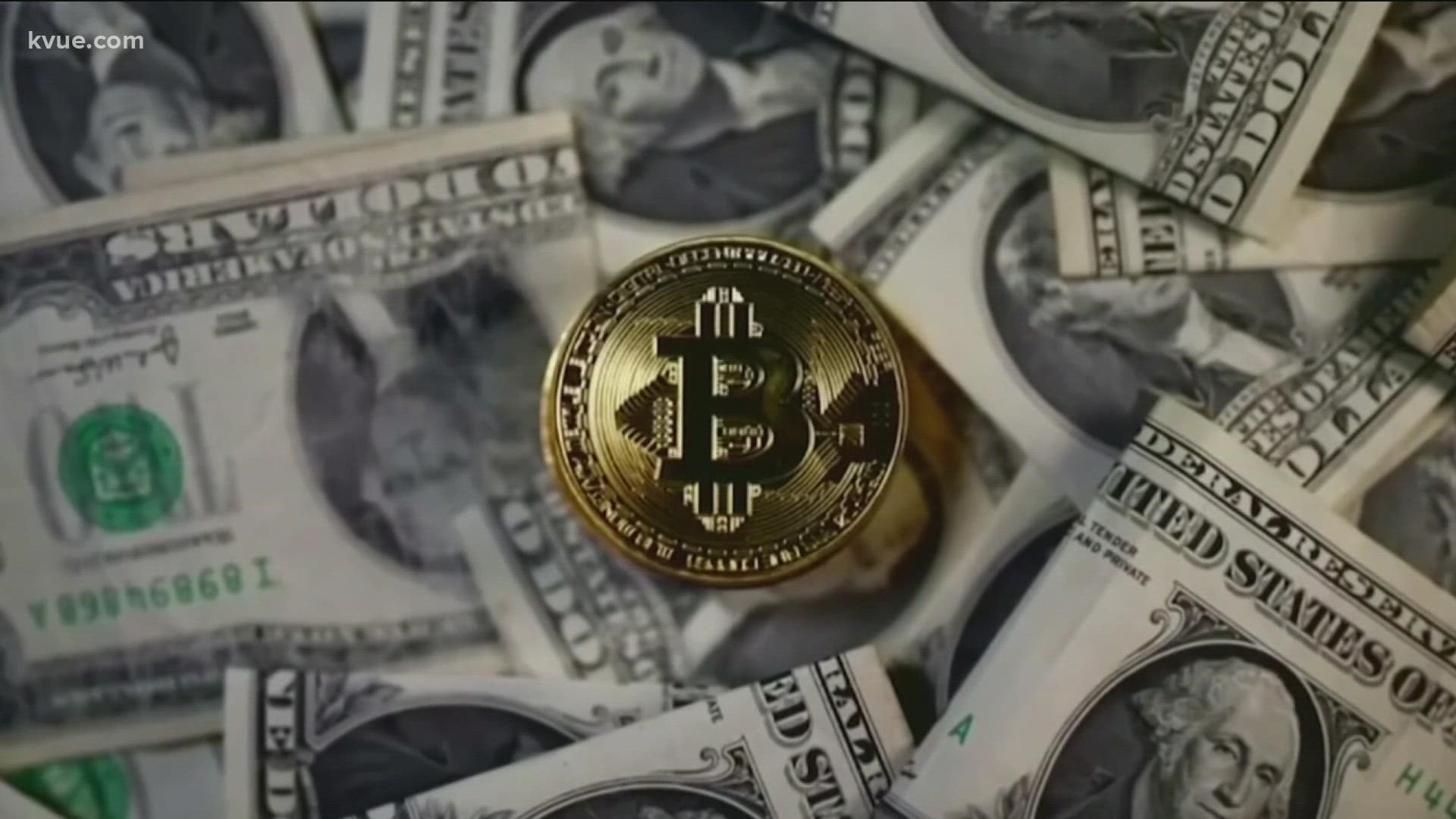AUSTIN, Texas — If the U.S. moved forward with creating its own digital dollar, banks, as we know them, could be a thing of the past.
Last Wednesday, President Joe Biden ordered the Treasury Department to consider creating a government-regulated digital dollar.
"It would be probably as simple as opening up an app, and you can have some banking services, including loans," said Peter Rodriguez, dean at Rice University's School of Business.
Rodriguez said digital currency likely wouldn't replace the physical dollar, but it would cut out the middle man, banks.
"If there's another way that we can buy and sell stuff without putting our money in the bank, where are the banks going to get the money to lend?" asked University of Houston finance professor Craig Pirrong. "So that's one of the concerns that the fed has expressed."
Both educators said Bitcoin and the digital dollar are similar but different in many ways. Perhaps one of the biggest differences is Bitcoin is unregulated and U.S. digital money would be regulated.
"But the difference with Bitcoin, Bitcoin comes in a limited, capped quantity. The government could create as much as it wants," said Pirrong.
Bitcoin's value changes often, but a digital dollar could be tied to the actual U.S. dollar, making its value more stable.
Rodriguez said if some standard cryptocurrency had to compete with the U.S. digital money, some wouldn't last very long.
"It's possible that as a result of this order, you could see certain cryptocurrencies no longer be viable," said Rodriguez. "Everyone will move to hold the most stable, the most viable one in the long run, and that means they could lose on some of these investments."
This process is still in the early stages. For the next few months, federal agencies will be looking at the risk and benefits of cryptocurrency.
PEOPLE ARE ALSO READING:

